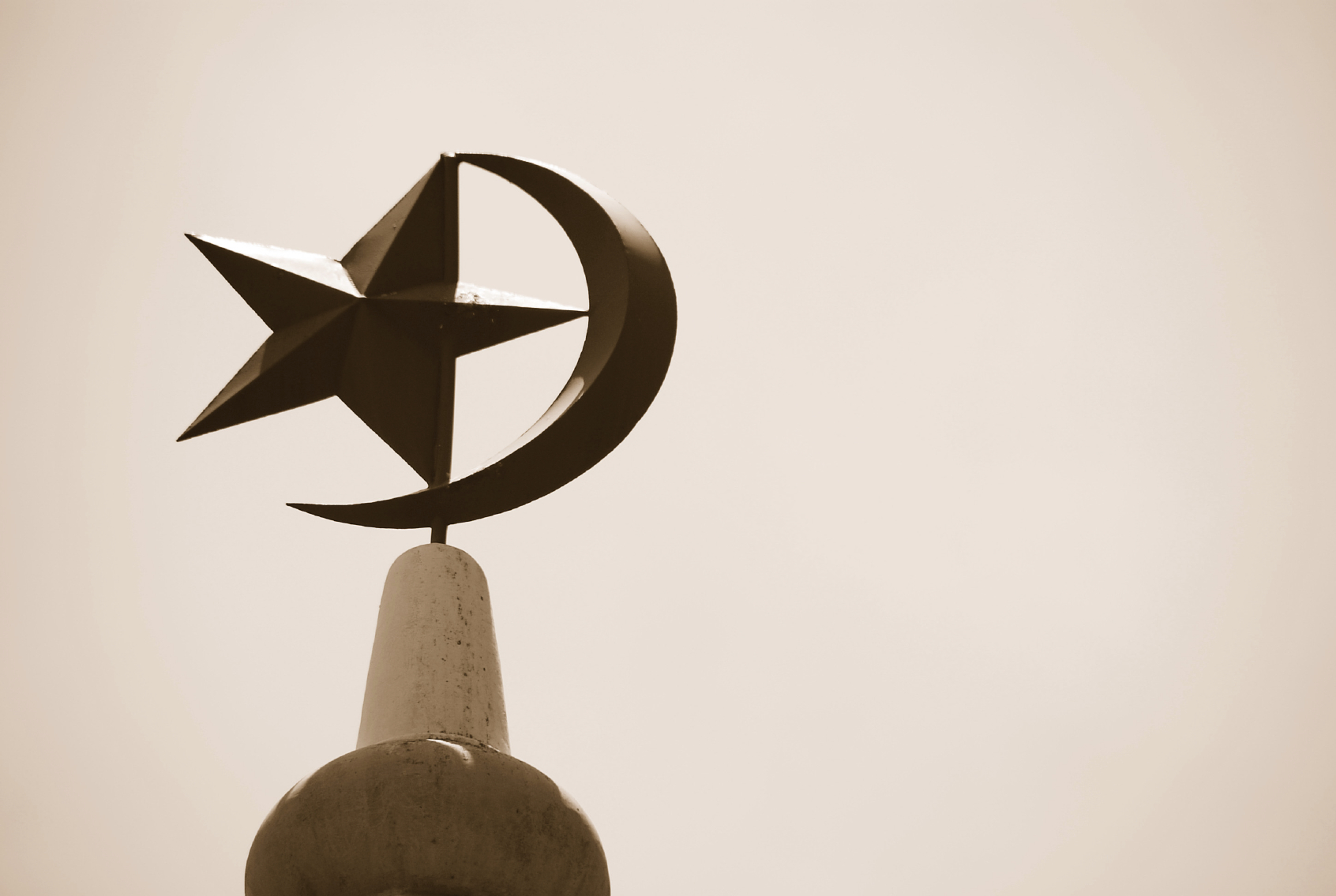What is the sunnah in islam? What does al sunnah wa al jamah means?
It is a name given to the majority of the ʿummah who follow the path of the Prophet and the Companions and take the Book of Allah and the Sunnah of Muhammad as their guide. The Muslim community expressed with this phrase the two important characteristics as following the Sunnah and being a member of the jama’ah. People’s consensus in adopting the Prophet’s Sunnah, which includes his words, actions, and approvals, and his moral and human attitudes, and their application is called “jama’ah.”
In various verses of the Qur’an, it is clearly stated that the sunnah should be taken into account in terms of belief and deeds: “The answer of the Believers, when summoned to Allah and His Messenger, in order that He may judge between them, is no other than this: they say, “We hear and we obey”: it is such as these that will attain felicity.”[1], “Obey Allah and obey the Messenger and beware!…”[2] and “…So take what the Messenger assigns to you, and deny yourselves that which he withholds from you. And fear Allah; for Allah is strict in Punishment.”[3]
The Prophet also said: “Fulfill what I command you, and forsake what I prohibit as much as you can.”[4] The tendency to neglect the Sunnah, with the thought that the Qur’an is sufficient for us, has been a path used by bidʿah factions throughout Islamic history. The Prophet (saw) had even stated that such people with weak religious commitment will emerge in the future, and asked his followers to avoid such people with the following words, Beware! I have been given the Qur’an and something like it, yet the time is coming when a man replete on his couch will say: “Keep to the Qur’an; what you find in it to be permissible treat as permissible, and what you find in it to be prohibited treat as prohibited.”[5]
Just as the Prophet (saw) wanted his own Sunnah to be followed, he also wanted the way of his Companions to be followed, “those of you who live after me will see great disagreement. You must then follow my Sunnah and that of the rightly-guided caliphs. Hold to it and stick fast to it. Avoid novelties, for every novelty, is an innovation, and every innovation is an error.”[6] As it is revealed in the Qur’an that Allah is pleased with Ansar, Muhajirs, and those who follow their path with kindness,[7] the Prophet also drew attention to the path of these generations as follows: “The best period of my ʿummah is the period in which I live. Then it is the time of those who follow them.”[8] In another hadith, it is reported that after mentioning three generations, i.e. the companions, those who follow them, and those who follow the followers, falsehood will spread and the mighty hand of Allah will be on those who gather around these three generations.[9]
In another hadith, he stated that the Jews were divided into 71 factions and the Christians were divided into 72 factions and said that the Muslim ʿummah would be divided into 73 factions, one of which would be on the path of salvation and the others will fall in the fire, and to the question of who would be on the path of salvation, he replied, “Those who follow my path and my companions.”[10] This group called Firqa al-Najiya has been studied under the name of “Ahl al-Sunnah wa al-Jama’ah” and those who fall into the fire have been labeled as “Ahl al-Bid’ah.” Yet, another characteristic of the Muslim society is explained in a hadith as follows: “My nation will not unite on misguidance, so if you see them differing, follow “sawad al-aʿzam” (the great majority).”[11]
Ahl al-bidʿah literally means “those who adopt new views and behaviors regarding religion”. As a term of Islamic creed, it refers to the factions and groups that abandon the Sunnah of the Prophet and the Companions, deviate from the path they followed, and oppose the Ahl al-Sunnah. Some of the sects, which are considered as the people of bidʿah, such as Ghaliyya, Baṭiniyya, and Yazidiyya, are considered to be outside the circle of Islam and its faith. They are also called ahl al-hawā, firāq al-ḍalla, or ahl al-ḍalāl (those who go astray). Although, some sects that act against the Sunnah, such as the Kharijiyya, Muʿtazila, and Shia, are still considered to be from the people of the qibla and belong to the Islamic ʿummah.
Below, we will briefly talk about the sects that evaluate and interpret the verses and hadiths related to the creed as a whole and determine the main points of the Islamic belief.
[1] Al-Nur, 24: 51.[2] Al-Mā’ida, 5: 92.[3] Al-Hashr, 59: 7. See also Āl ʿImrān, 3: 3; al-Nisā, 4: 65; al-Ahzab, 33: 36; al-Nur, 24: 63.[4] Ibn Maja, Muqaddimah, 1.[5] Abu Dawud, Sunnah, 6; Aḥmad ibn Ḥanbal, IV, 131.[6] Abu Dawud, Sunnah, 5.[7] Al-Tawba, 9: 100.[8] Al-Bukhari, Faḍā’il al-Ṣaḥāba, 1.[9] Al-Tirmidhi, Fitan, 7.[10] Abu Dawud, Sunnah, 1; Ibn Maja, Fitan, 17.[11] Ibn Maja, Fitan, 8. See Ibn al-Athir, Nihaya, II, 419.
Source: Basic Islamic Principles (ʿilmi ḥāl) According to the Four Sunni Schools With Evidence From The Sources of Islamic Law, Prof. Hamdi Döndüren, Erkam Publications
Features of The True Religion




